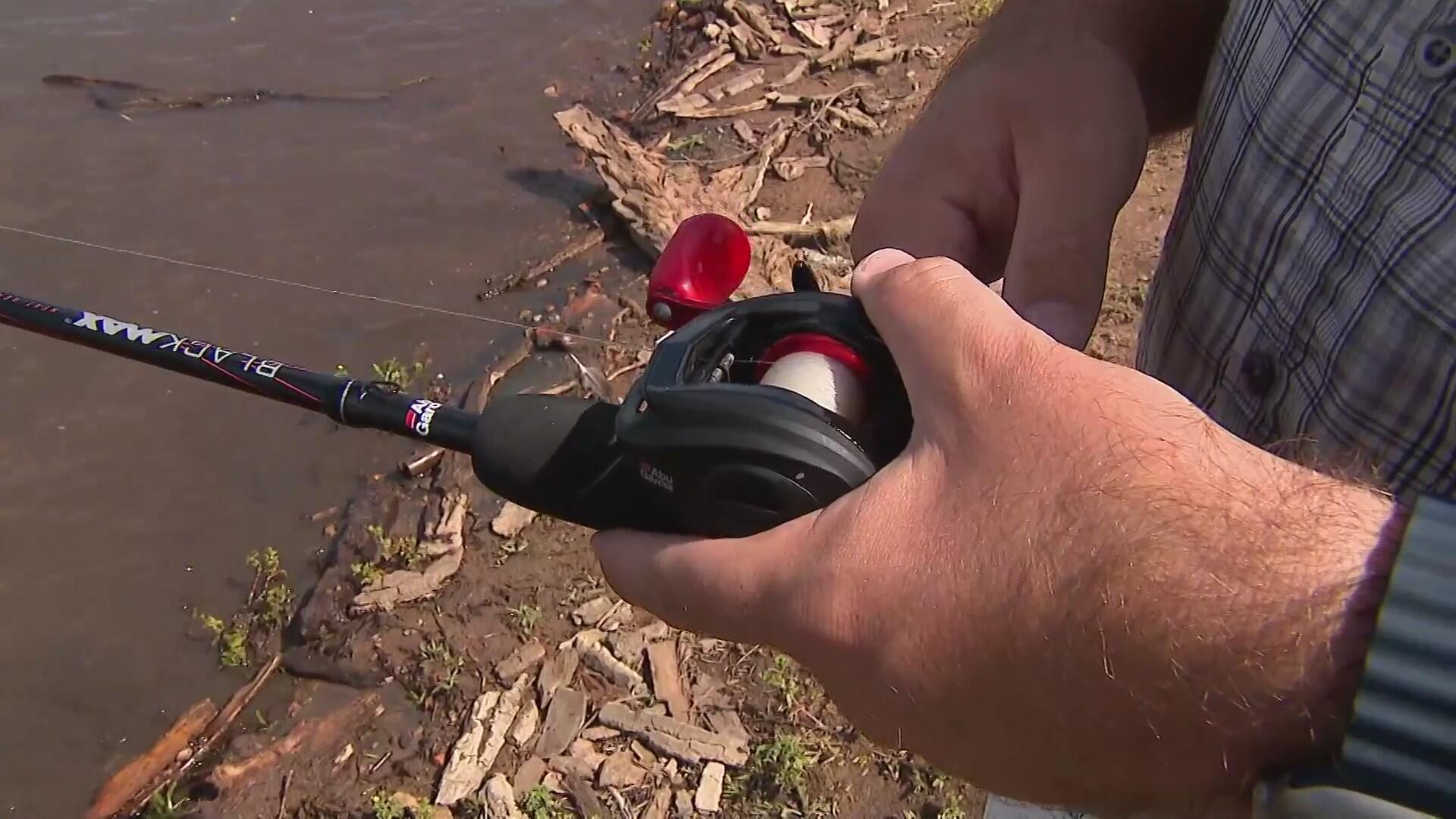Colorado health officials warn of fish contaminated with PFAS or "forever chemicals" in popular lakes
The Colorado Department of Public Health and Environment is warning people to limit the number of locally caught fish they consume from popular Colorado lakes like Chatfield Reservoir in Littleton, Barr Lake near Brighton, and Runyon Lake near Pueblo. These lakes have all been flagged for high levels of PFAS, also known as "forever chemicals."
Colorado Parks and Wildlife assisted with the study of the chemical levels in fish and told CBS Colorado, it was "so anglers can make informed health decisions for their families," and that there will be signs detailing the advisories placed at the three bodies of water in the coming week. But that didn't help people who were out enjoying the water Saturday.
"We ate one not that long ago. So, I would have loved to have known that, then I might have just thrown it back," said Mark McClellan, who frequently fishes at Chatfield Reservoir.
While some catch and release, McClellan says he typically eats what he catches, and was surprised to hear the fish in the water could contain forever chemicals, which, if exposed to long-term, can cause an increased risk of certain cancers and chronic diseases.
According to the state health department's showing contamination in Colorado lakes, they advise the general public not to eat more than one serving a month of smallmouth bass from Chatfield Reservoir and two servings of walleye.
"Walleye is probably the best-eating ones out of here, though," said McClellan. "So that's unfortunate, but I guess I need to limit it."
Israel Lopez and his dad are also regulars at Chatfield. They don't typically eat the fish, but he was alarmed to find some were contaminated.
"Kind of like, whoa," Lopez said. "I didn't know there were all those chemicals out here in the water."
Still, the information won't deter him from coming to Chatfield to fish and do what he loves.
"Once you catch a fish, when you have them on, you just get this adrenaline rush," Lopez said. "Because you don't always know what you're going to bring up, you know what I mean, how big it is, how heavy. That's why I love it."
When asked if they've considered closing any of the popular fishing spots, the state health department told CBS News Colorado, "our focus is on providing people with information so they can enjoy all that Colorado has to offer while reducing their exposure to things that could have negative health effects. The vast majority of our fish advisories don't recommend never eating the fish; instead they recommend limiting the amount of certain fish that you do eat."







